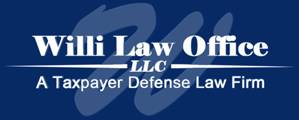Although operating a business on your own has a lot of upsides, taxation is not one of them. All sole proprietors must pay both income taxes and self-employment taxes on the total income of their businesses.
Understanding these tax obligations is necessary for sole proprietors so they do not run afoul of the IRS.
Payroll tax
This is a tax withheld from an employee’s wages by an employer to fund various government programs. Employers (including self-employers) are responsible for withholding federal income tax, Social Security tax and Medicare tax from their employees’ paychecks. These taxes are then remitted to the appropriate government agencies.
Self-employment tax
Self-employed individuals, including sole proprietors, must pay this tax on the net earnings from their self-employment. It consists of two parts: Social Security tax and Medicare tax. While employees who work for other people split these taxes with their employers, as both employer and employee, self-employed individuals are responsible for paying the full amount.
Impact on sole proprietors
For sole proprietors, understanding the difference between payroll tax and self-employment tax is key to managing their finances and complying with tax regulations. Since sole proprietors are both the employer and the employee of their businesses, they must pay self-employment tax on their net earnings in addition to any payroll taxes they must withhold for employees.
If you have any concerns about your sole proprietorship’s compliance with payroll taxes and other tax obligations, seeking professional guidance is often the smartest way to ensure you properly address any potential problems.

